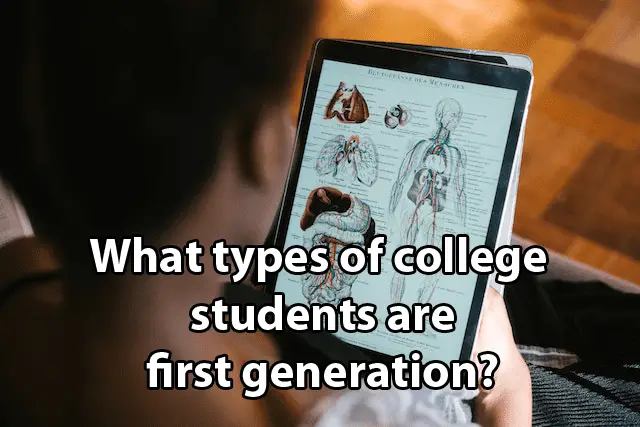
Introduction:
Breaking barriers and unlocking opportunities for first-generation students is crucial in ensuring equal access to higher education. Many first-generation students face various challenges when pursuing their academic dreams, including financial constraints and a lack of resources. Scholarships have proven to be an effective solution in providing these students with the necessary support to overcome these obstacles. By offering financial aid and mentorship programs, scholarships empower first-generation students to pursue higher education and achieve their goals.
In this article, we will explore the importance of scholarships for first-generation students, the benefits they provide, and the various types of scholarships available. We will also discuss how scholarships can break down barriers and open doors for these students, creating a more inclusive educational landscape.
Types of Scholarships Available:
1. Merit-Based Scholarships:
Merit-based scholarships are awarded based on a student’s academic achievements or other exceptional qualities such as leadership skills or community involvement. These scholarships recognize and reward the hard work and dedication demonstrated by first-generation students.
2. Need-Based Scholarships:
Need-based scholarships consider a student’s financial need as the primary criterion for awarding aid. These scholarships aim to bridge the financial gap that may prevent first-generation students from pursuing higher education.
3. Ethnicity-Specific Scholarships:
Ethnicity-specific scholarships are designed to support underrepresented groups within higher education. These scholarships aim to increase diversity on college campuses while providing financial assistance to first-generation students belonging to specific ethnic backgrounds.
The Benefits of Scholarships for First-Generation Students:
1. Financial Support:
Scholarships provide first-generation students with much-needed financial support, covering tuition fees, textbooks, and other educational expenses. This support alleviates the financial burden on these students and allows them to focus on their studies without worrying about accumulating student debt.
2. Mentorship Opportunities:
Many scholarship programs offer mentorship opportunities, connecting first-generation students with experienced professionals within their chosen fields. Mentors can provide guidance and support, helping these students navigate the challenges of higher education and career development.
3. Access to Networking:
Scholarships often come with access to networking events and alumni networks. These opportunities enable first-generation students to expand their professional connections and increase their chances of securing internships, job placements, and future career opportunities.
Breaking Barriers: How Scholarships Open Doors for First-Generation Students
1. Financial Relief:
Scholarships alleviate the financial burden on first-generation students, enabling them to pursue higher education without worrying about the cost. This financial relief eliminates one of the major barriers that often prevent these students from accessing college or university education.
2. Enhanced Confidence:
Receiving a scholarship helps boost the confidence of first-generation students by recognizing their abilities and potential. It validates their hard work and dedication, instilling a sense of belonging in academic environments where they may feel like outsiders initially.
3. Increased Access to Resources:
Scholarship programs often provide additional resources such as tutoring services or access to research materials. These resources help bridge the gap between first-generation students and their peers who may have greater access to educational support systems.
4. Breaking Cycles of Poverty:
By removing financial barriers and providing opportunities for higher education, scholarships can break cycles of poverty within families. First-generation students who are able to pursue higher education have the potential to secure better job prospects and improve their socioeconomic status, positively impacting future generations as well.
Frequently Asked Questions (FAQ):
1. What are the eligibility criteria for scholarships?
The eligibility criteria for scholarships vary depending on the specific program. Generally, factors such as academic performance, financial need, community involvement, and leadership skills are considered when assessing eligibility.
2. How can first-generation students find scholarships?
First-generation students can find scholarships through various channels such as online scholarship search engines, college and university financial aid offices, community organizations, and local businesses. It is important to research and apply for scholarships that align with individual qualifications and interests.
3. Can first-generation students apply for multiple scholarships?
Absolutely! First-generation students are encouraged to apply for multiple scholarships to increase their chances of receiving financial aid. It is essential to carefully review each scholarship’s requirements and deadlines before submitting applications.

















